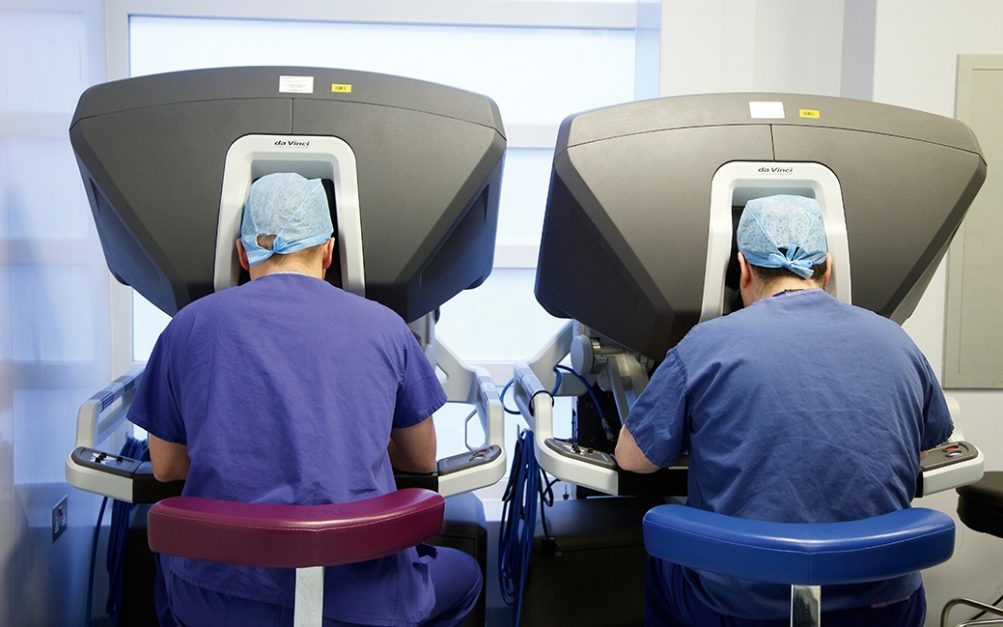Original Title: Humans Still Make Better Surgeons Than Robots, Study Shows

According to a recent report by the Telegraph, a new study has revealed that human surgeons still outperform robotic systems in many surgical procedures. Despite the growing use of surgical robots, the research suggests that human doctors can complete operations more quickly and with fewer errors than their machine counterparts.
Since the introduction of the first "robotic surgeon" in the UK over a decade ago, the use of surgical robots has steadily increased. These machines have become essential in procedures such as prostatectomies, cystectomies, nephrectomies, and tumor removals, offering enhanced precision and control.
Many people assume that robotic surgery is faster, more accurate, and more efficient than traditional methods. However, this latest study challenges that belief. It found that robotic surgeries often take longer and do not necessarily improve patient outcomes. In fact, for certain procedures, the operation time was significantly extended when performed by a robot.
The study, led by researchers at Stanford University School of Medicine, analyzed data from 25,000 surgeries conducted across 416 U.S. hospitals between 2006 and 2012. The results showed that only 28% of patients undergoing kidney removal with a human surgeon experienced surgeries lasting more than four hours. In contrast, nearly 46% of those operated on by a robotic system faced procedures that lasted over four hours.
Dr. Benjamin Chung, an associate professor of urology at Stanford, noted, “While there is no significant difference in treatment effectiveness or hospital stay duration, robotic surgeries tend to be more expensive and time-consuming.â€
In the UK, around 60 Da Vinci Surgical Systems are currently in use, each costing approximately £1 million (about 87.14 million yuan). These advanced robots offer 3D imaging and specialized tools, making them ideal for complex procedures that require high precision or intricate suturing.
Despite these benefits, the study highlights that for less technically demanding surgeries—such as full kidney removal—human surgeons may still be more effective. While robotic technology is expected to improve over time, reducing both the time required and the cost gap, the current findings suggest that robot-assisted surgery isn’t always the best option for patients.
“It’s natural to want to use the most advanced medical equipment,†Dr. Chung added. “But it's also important to be rational about how we spend our healthcare dollars.â€
He further questioned whether the extra costs associated with robotic surgery are truly justified. “Although robots have their advantages, do these benefits justify the additional expense?â€
UL XLPE Cable,UL3385 electronic wire,High-temperature resistant wires,Irradiation cross-linked wires
Jiangyin City Weicheng Special Cable Co.,Ltd , https://www.weichengcable.com